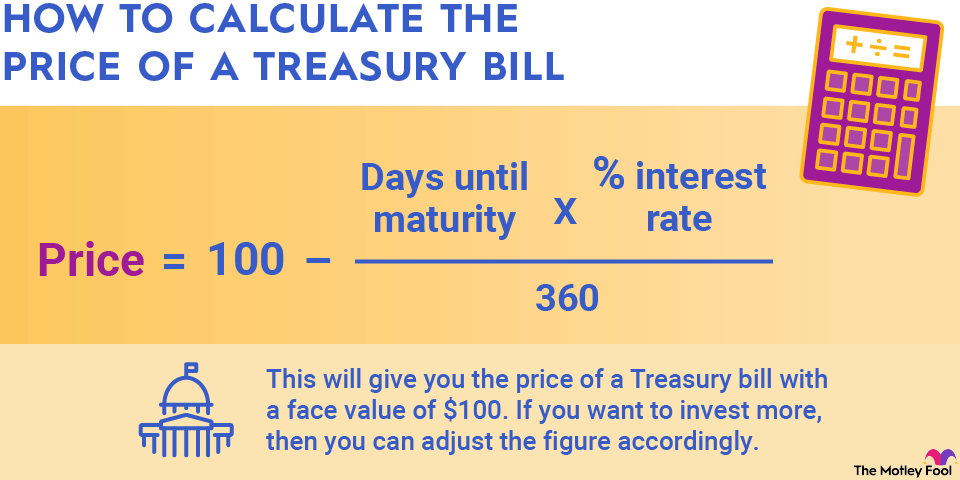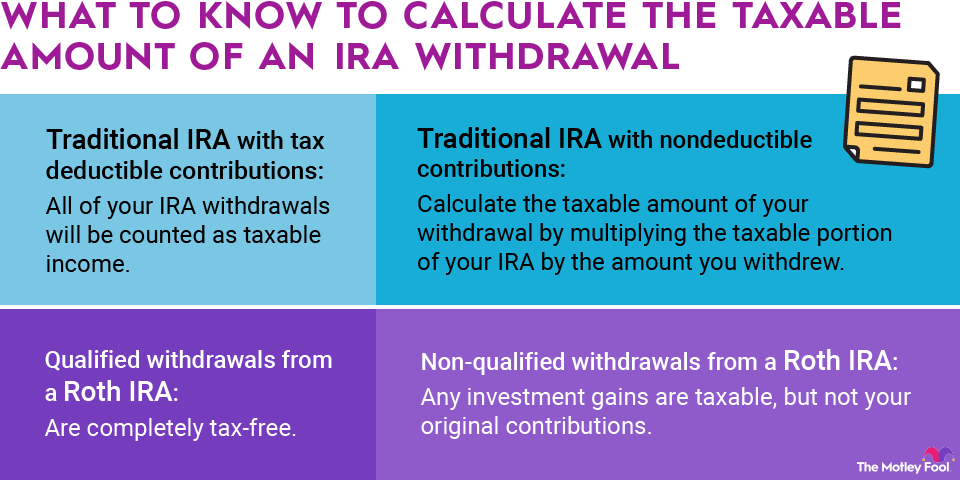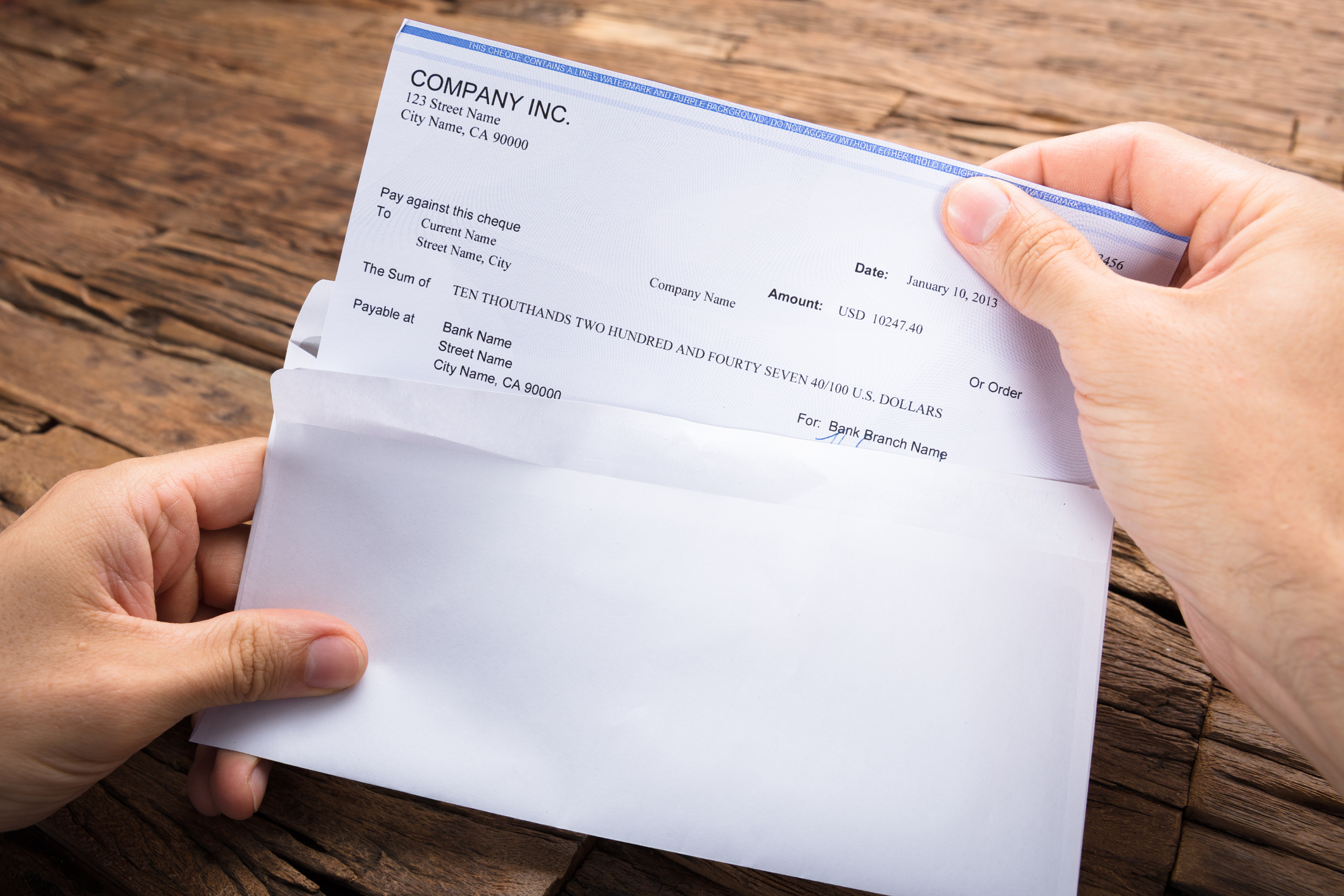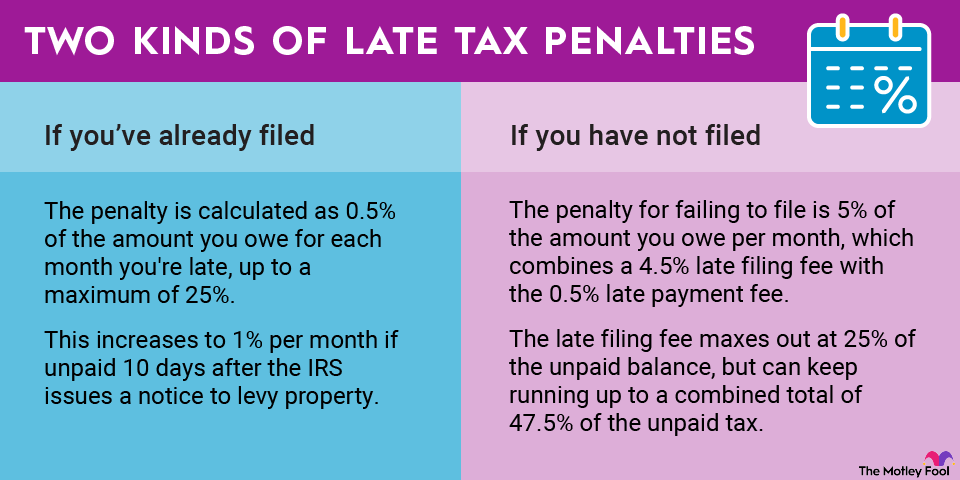Investing in real estate requires knowing many different tax rules, with some lucrative incentives that can dramatically lower your after-tax costs. Yet when you inherit real estate that you didn't initially purchase yourself, it can be a challenge to figure out the potential tax implications.
Fortunately, many of the complex tax rules governing real estate get somewhat easier to deal with in an inheritance situation. Let's take a closer look.

Getting a new tax basis
In an unusual nod to common sense, tax laws that handle inherited property aim to make things much simpler than they'd otherwise be. For most real estate owners, in order to figure out your cost basis for determining capital gains or losses on sale, you start by taking the initial amount that you paid for the property. You then factor in any qualifying expenditures you made toward home improvements, like renovations, adding them to your upfront cost. Ordinary maintenance and repair costs, however, don't generally qualify for real estate you use as your personal residence.
It's easy to see how those records would be nearly impossible to obtain in an inheritance situation. Perhaps because of this, the tax law allows those who inherit real estate to set a new tax basis for the property. Specifically, the value of the property on the date of death of the person from whom you inherited the real estate becomes your new tax basis. This figure can be higher or lower than the previous tax basis; but regardless, it's the figure that you have to use when you inherit real estate.
There's one technical exception to this date-of-death rule. The estate tax rules allow the people handling the estate to choose what's known as an alternate valuation date for determining tax liability. This date falls six months after the date of death, and in some situations, using the alternate date dramatically reduces estate taxes. If the people handling the estate make that election, then your cost basis going forward will be the value of the property on that alternate date, rather than the date of death.
Related tax topics
In many cases, the new-basis rules for inherited property can be a huge boon. For many types of real estate other than personal residence, depreciation gives an owner ongoing tax breaks year after year, but reduces tax basis, creating pent-up gain that is realized on the sale of the property. These inheritance rules essentially allow the heir to reset the basis at a higher level, escaping taxes and starting a new round of depreciation expenses.
Real estate and taxes can get complicated, but determining the tax basis of inherited real estate is simpler than you'd think. In most cases, it gives heirs a favorable result, as well.


















